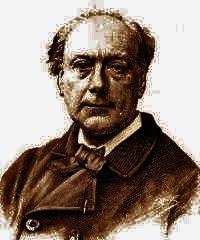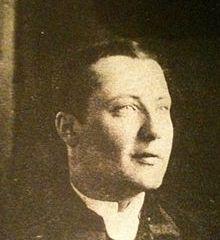William Shakespeare Quotes about Passion
Her passions are made of nothing but the finest part of pure love
William Shakespeare, Isaac Reed (1813). “The Plays of William Shakespeare”, p.643
William Shakespeare, Nikolaus Delius (1857). “Werke: Histories: King John. King Richard II. King Henry IV. Part 1. King Henry IV. Part 2. King Henry V.”
William Shakespeare, Joseph Dennie, Isaac Reed, Samuel Johnson, George Steevens (1806). “Macbeth. King John”, p.380
'Hamlet' (1601) act 3, sc. 2, l. [76]
1601 Olivia.Twelfth Night, act 3, sc.1, l.154.
William Shakespeare, Lee Bliss (2000). “Coriolanus”, p.221, Cambridge University Press
O that my tongue were in the thunder's mouth! Then with passion would I shake the world.
William Shakespeare (2013). “Histories of Shakespeare in Plain and Simple English (a Modern Translation and the Original Version)”, p.89, BookCaps Study Guides
William Shakespeare (1838). “Complete Works: With Dr. Johnson's Preface, a Glossary, and an Account of Each Play, and a Memoir of the Author by William Harness”, p.431
William Shakespeare (2013). “Histories of Shakespeare in Plain and Simple English (a Modern Translation and the Original Version)”, p.89, BookCaps Study Guides
'As You Like It' (1599) act 5, sc. 2, l. [90]
This passion, and the death of a dear friend, would go near to make a man look sad.
William Shakespeare, Samuel Johnson, George Steevens, Isaac Reed (1819). “The Plays of Shakspeare”, p.184
'The Tempest' (1611) act 1, sc. 2, l. 389
'Hamlet' (1601) act 3, sc. 2, l. 1
William Shakespeare, Capel Lofft (1812). “Aphorisms from Shakespeare; arranged according to the plays,&c. With a preface and notes, etc. [By C. Lofft.]”, p.124
William Shakespeare (1823). “The plays of William Shakspeare, pr. from the text of the corrected copies left by G. Steevens and E. Malone, with a selection of notes from the most eminent commentors by A. Chalmers”, p.343
What to ourselves in passion we propose, The passion ending, doth the purpose lose.
William Shakespeare (1793). “The Plays of William Shakspeare: In Fifteen Volumes. With the Corrections and Illustrations of Various Commentators. To which are Added, Notes by Samuel Johnson and George Steevens. The Fourth Edition. Revised and Augmented (with a Glossarial Index) by the Editor of Dodsley's Collection of Old Plays”, p.192
Affection, mistress of passion, sways it to the mood of what it likes or loathes.
William Shakespeare (1842). “The Comedies, Histories, Tragedies, and Poems of William Shakspere”, p.323
William Shakespeare (1778). “The Plays of William Shakespeare in Ten Volumes: Prefaces. The tempest. The two gentlemen of Verona. The merry wives of Windsor.- v.2. Measure for measure. Comedy of errors. Much ado about nothing. Love's labour lost.- v.3. Midsummer night's dream. Merchant of Venice. As you like it. Taming the shrew.- v.4. All's well that ends well. Twelfth night. Winter's tale. Macbeth.- v.5 King John. King Richrd II. King Henry IV, parts I-II.- v.6. King Henry V. King Henry VI, parts I-III.- v.7 King Richard”
Passion lends them power, time means to meet, tempering extremities with extremes sweet.
William Shakespeare, Jonnie Patricia Mobley (2003). “The Tragedy of Romeo and Juliet: A Facing-pages Translation Into Contemporary English”, p.58, Lorenz Educational Publishers







